
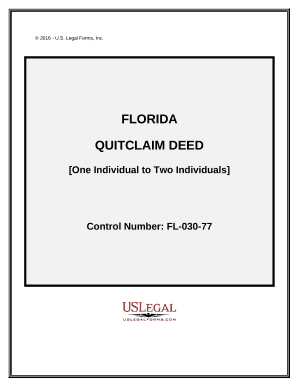
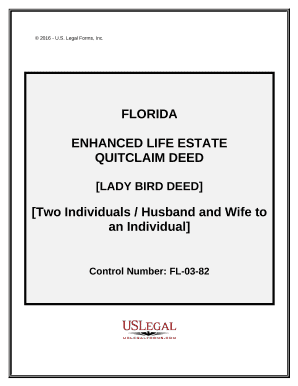
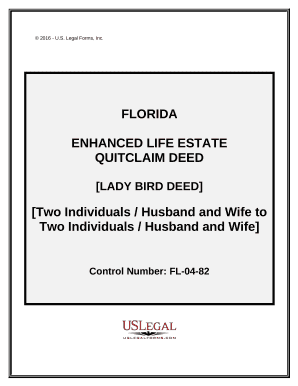
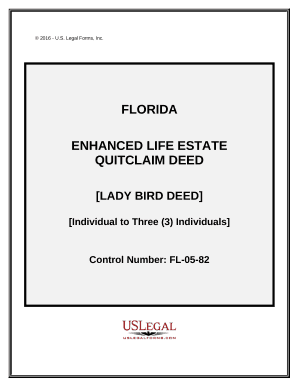
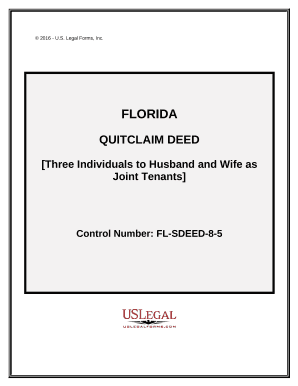

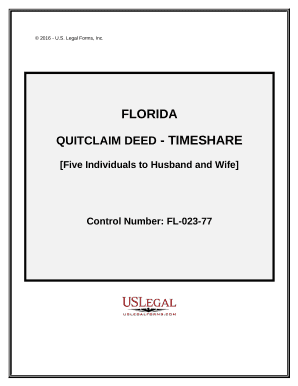
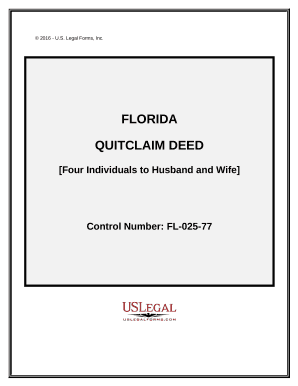
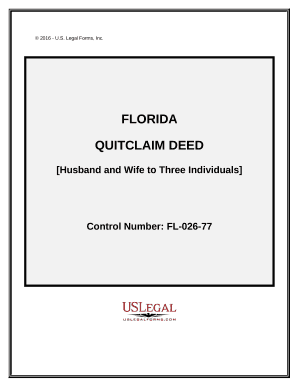

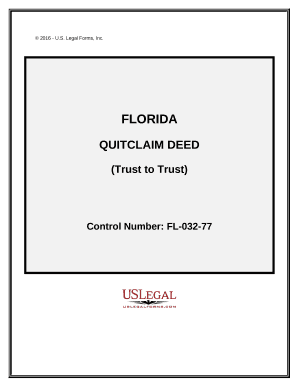

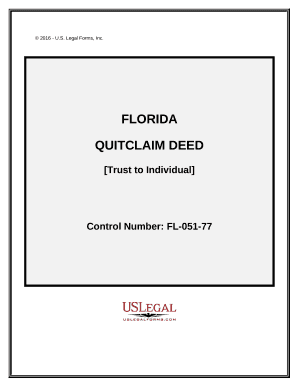
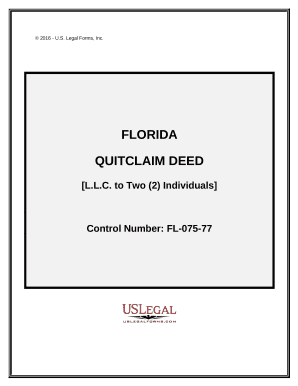
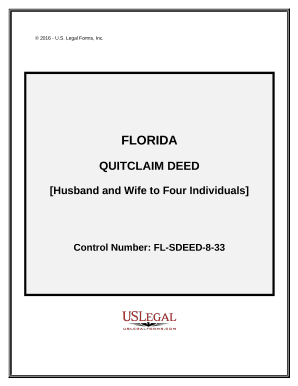
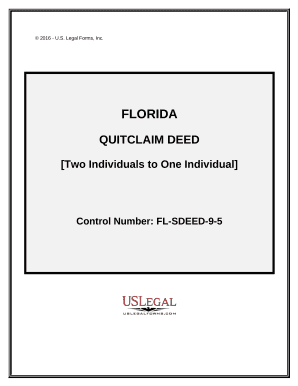
Document management can overwhelm you when you can’t discover all of the documents you require. Luckily, with DocHub's extensive form categories, you can find all you need and promptly deal with it without changing among apps. Get our Florida Quitclaim Deeds and start utilizing them.
Using our Florida Quitclaim Deeds using these simple steps:
Try out DocHub and browse our Florida Quitclaim Deeds category without trouble. Get a free profile today!